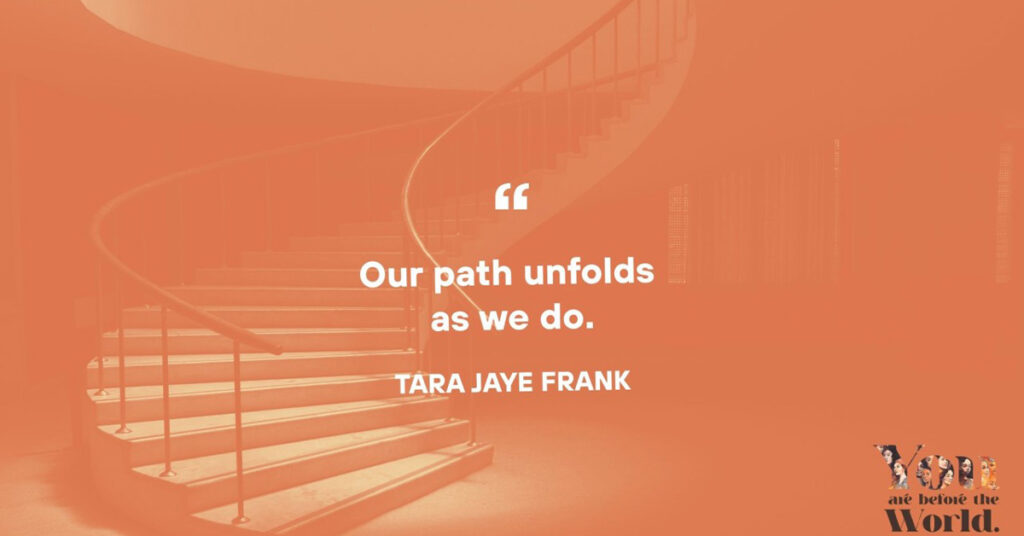You’d be hard pressed to find a person—beyond a psychologist—more deeply entrenched in the nuances of human relationships than a greeting card writer. When people first meet me, this is the work experience of mine they’re most curious about.
They’re surprised greeting cards are written by real people. They ask which of my cards was my favorite, or the best-selling. They want to know what I studied and how the process works. I explain that being a greeting card writer is like being an astronomer of feelings. In short, people who specialize in this rare form of writing study the nature, behavior, and composition of human emotion inside the structure and dynamics of relationships, and then give language to those emotions. They aim to connect love to love, fear to courage, hope to despair, comfort to sorrow, encouragement to doubt, and joy to celebration through carefully chosen words and phrases that inspire people to stop, think, feel, and believe in something greater. Greeting card writers are, in their own way, doctoral students of the heart—not as a muscle, but as a purveyor of love and all good things.
I was twenty-one when I began my Hallmark career, not counting my internship. Because I didn’t have much life experience, I readied myself for the work by pouring over primary and secondary research, reading books for breakfast, familiarizing myself with the kinds of messages that had performed well (or poorly) in the past, and becoming a human motivation and behavior trends enthusiast.
Being a good greeting card writer means developing certain skills that not all long-form writers cultivate. You learn to say a lot in few words. You become exceptionally attuned to “power ideas” in relational communication, which are universal concepts that reliably evoke emotion. You learn to tread into challenging topics clearly and succinctly and with extreme care.
I know a lot about how people think, feel, process, and express their emotional lives. This is how I can tell you with confidence that most motivational writers on social media who share advice about what you should do and how you should do it are talking to (or about) themselves.
I was on the phone with two girlfriends a few days ago discussing my new memoir, which—through personal stories and real-world examples—illuminates actionable ways to brave the helper’s dilemma. In case you’re new here, I describe the helper’s dilemma as walking the thin line between giving your all and saving yourself. (Timely.)
One of my girlfriends offered this gem:
“I believe ‘a work’ is still being done in you, and that while the book is ready for the world (as in written), you are being refined for the sharing of it.”
“Yes!” I said. “Of course!”
Because here’s what most writers will admit if you ask:
We heal ourselves as we write. Every word first gives us the gift of compassion. The benefit of clarity. The path forward unfolds as we do—with each idea and every promise. The writing process is a spiritual experience for me. I write to become a better person…a more human, loving, and present teacher.
Why am I sharing this? Certainly not to expose or discredit anyone whose work might give you the boost you need when you most need it. I share this to affirm that you are not the lost one. The unknowing one. You are not the one who struggles when everyone else has figured it out already.
WE are the ones who get lost, then find ourselves by doing the work we’ve been called to do. And if we’re obedient, others may find themselves right alongside us.
Isn’t that amazing?
Sending blessings for your “thin line” experience, and for every good thing you learn while braving it.
With love,
Tara Jaye Frank
